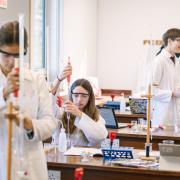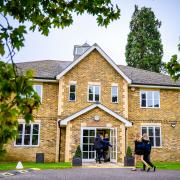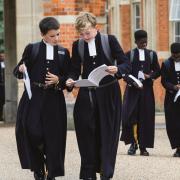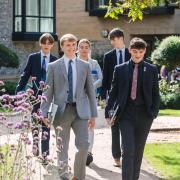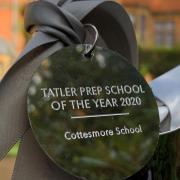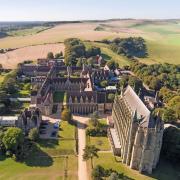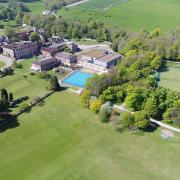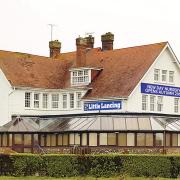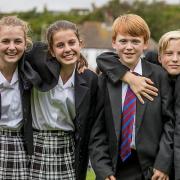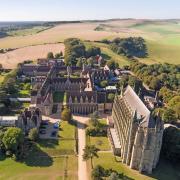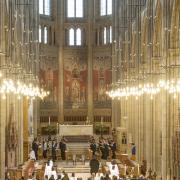The lines between private and state education are becoming ever more blurred, as Paul D Spencer Ellis, the headmaster of the Royal Alexandra and Albert School in Reigate, Surrey, goes on to explain…
Asimple question to begin. Which of these historic independent schools is the odd one out? Bristol Cathedral School; King’s School, Tynemouth; Belvedere School in Liverpool; Queen Elizabeth Grammar School, Blackburn; Liverpool College; William Hulme’s Grammar School, Manchester; and Colston’s Girls’ School in Bristol? Jot down your answer before proceeding any further!
The answer is Queen Elizabeth Grammar School, Blackburn – because that one becomes a Free School in September 2014. All the others are already Academies or Free Schools where the education is provided free, financed by the taxpayer.
And what they all have in common is strong academic results, high standards and being very popular with parents looking for a good, free school.
Lord Adonis, former Schools’ Minister, predicts that a hundred independent schools, large and small, primary and secondary, will become (free) state schools over the next few years.
Here’s another brainteaser. I am going to give details of five schools and your challenge is to work out what they have in common. I do not want to reveal names at this stage so shall restrict myself to pen-portraits of these schools – though I suspect that you might be able to identify some of them yourself.
School A - A boys-only selective school with a Royal Charter that dates back to July 1652. It has 1,370 boys aged 11 to 18 and a large sixth form with both an excellent Oxbridge entrance record and a rugby team that has produced more than its fair share of England caps. And on a personal note, the head is a maths teacher and a good friend of mine.
School B is a completely different style of institution. Located down in the south west of England, this relatively small boys’ school offers small classes and a particular style of education as it has a working farm, extensive horticulture facilities including a one-acre walled garden (where each pupil can have their own plot) and glasshouses, a foundry and forge, excellent workshop facilities, a well-stocked pond for fishing, use of a golf course and driving range, a gym and, last but not least, a mountain bike track.
School C is a major boarding school less than two hours from London. It has some 600 boarders and the same number of day pupils as well as a sixth form of around 400 students. Set in a rural location, it enjoys excellent facilities and has benefited from a major building programme over the past 20 years providing fantastic new classrooms and laboratories.
School D is a well regarded northern school. Highly selective, its pupils come from all over the north of England in search of a top class education. Pupils who enjoy adventure, leadership and team spirit can join in a wide range of outdoor activities, from climbing, skiing, hill walking, expeditions and the Duke of Edinburgh Award Scheme to camping, adventure training, sailing, target shooting and even flying with the Combined Cadet Force. Proximity to the Lake District and the Yorkshire Dales enables the school to provide such outdoor activities amongst some superb landscapes.
School E, unusually, has Saturday morning lessons, is just outside the M25 and is popular with London parents. With 450 full boarders and another 520 lexi-boarders, this school enjoys a picturesque location within a 260-acre park. In addition to the usual sports, it has stables and a floodlit riding school. The growing sixth form already has success in applications for medicine and to Oxbridge and is majority boarding.
***
So, what do you think? Are they all independent schools? Grammar schools? Probably way out the reach of most parents today?
In fact, they are all state schools. But state schools with a difference. They are all state boarding schools where the education is free and funded by the government and where parents only pay for the cost of boarding – typically around £4,000 per term or £12,000 per year.
They are little known gems within state education. Families who live close to these schools are well aware of the excellent education and pastoral care they offer, but families from further afield are often completely unaware of their existence.
In the recent words of Michael Gove, Secretary of State for Education and Surrey Heath MP: “My ambition for our education system is simple – when you visit a school in England, standards are so high all round that you should not be able to tell whether it’s in the state sector or a fee-paying independent.” In the case of state boarding schools, perhaps this ambition has already been realised.
You might like to try putting “state boarding schools” into your favourite search engine and judge for yourself.
***
Paul D Spencer Ellis has worked in a variety of posts in England and France including some of the top independent and state schools and the Sorbonne in Paris. He is currently headmaster of the Royal Alexandra and Albert School in Reigate, Surrey, a boarding school for boys and girls aged from seven to 18. For more information, call 01737 649 000 or pay a visit to their website at raa-school.co.uk




